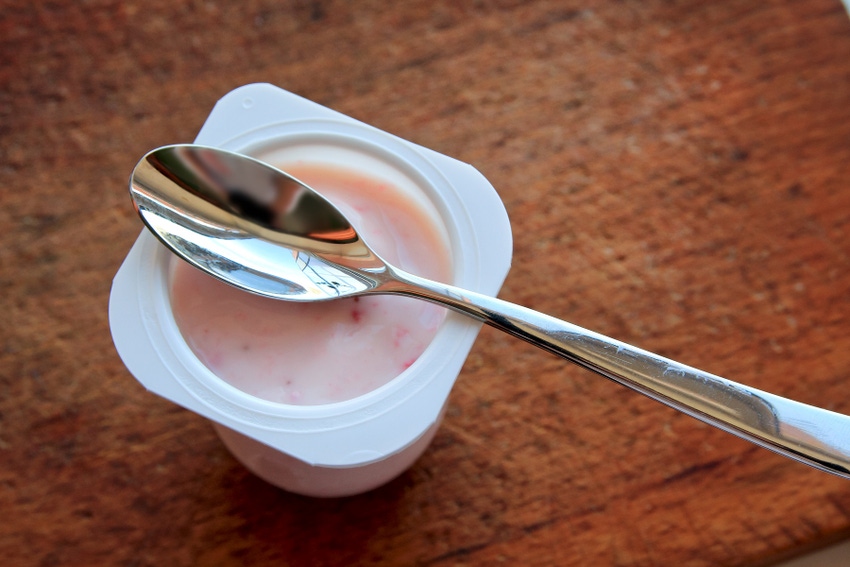FDA approves first-ever qualified health claim for yogurt
Health claim links yogurt to a reduced risk of type 2 diabetes.

The International Dairy Foods Association (IDFA) is applauding the U.S. Food and Drug Administration’s (FDA) recent decision to approve the first-ever qualified health claim for yogurt, recognizing a potential link between its regular consumption and a reduced risk of type-2 diabetes. The FDA’s decision came in response to a petition submitted by Danone North America. The new claim is available for all yogurt makers.
Two versions of the new claim were permitted by FDA, including, “Eating yogurt regularly (at least three servings per week) may reduce the risk of type-2 diabetes, according to limited scientific evidence” or “Eating yogurt regularly may reduce the risk of type 2 diabetes. FDA has concluded there is limited information supporting this claim.” Nearly five years in the making, the FDA reviewed the existing research on yogurt and type 2 diabetes, which included data from over 300,000 individuals, and found including yogurt in the typical American diet could have a significant benefit to public health.
"We know that a growing body of research suggests regular yogurt consumption could reduce your risk of developing one of the most significant and rapidly rising health ailments in the United States," said Miguel Freitas, Ph.D., vice president of health and scientific affairs at Danone North America. "That's why we decided to submit a petition for this first-of-its-kind qualified health claim. Our hope is that this announcement will empower consumers with simple, actionable information they can use to help lower their risk of developing type 2 diabetes through a realistic, easy-to-make dietary modification."
Roberta Wagner, IDFA’s senior vice president of scientific and regulatory affairs, commented: “This decision by FDA should be closely considered by members of the 2025 Dietary Guidelines Advisory Committee, alongside the growing body of science demonstrating the health benefits of consuming dairy products at all fat levels, which shows these products are not associated with higher risk of negative health outcomes, including obesity, diabetes and heart disease. Altogether, dairy products continue to demonstrate they are central to healthy, balanced diets for all people of all ages.”
Yogurt is a nutrient-dense food that is a good source of protein, calcium, riboflavin, vitamin B12, and phosphorous. Some yogurts have vitamin D added. Yogurt is a more easily digestible alternative to milk for many people because, on average, it contains less lactose than milk. In addition, yogurt’s live and active cultures continue to have activity in the intestinal tract and may allow lactose intolerant individuals to enjoy dairy products with fewer associated symptoms. Yogurt was identified as one of the first foods for infants and toddlers, with the 2020-2025 Dietary Guidelines for Americans recommending that infants can begin consuming yogurt at 6 months of age. Yogurt remains a recommended food item for toddlers over the age of 12 months, providing essential nutrients and servings toward dairy recommendations.
Diabetes is one of the top 10 causes of death in the U.S., impacting more than 37 million Americans with 1.4 million new cases diagnosed every year. The overwhelming majority of these cases are type-2 diabetes, the risk for which can often be managed with lifestyle changes such as being more active and eating nutrient-rich foods. Based on this newly approved health claim, yogurt could be one of them.
About the Author(s)
You May Also Like





